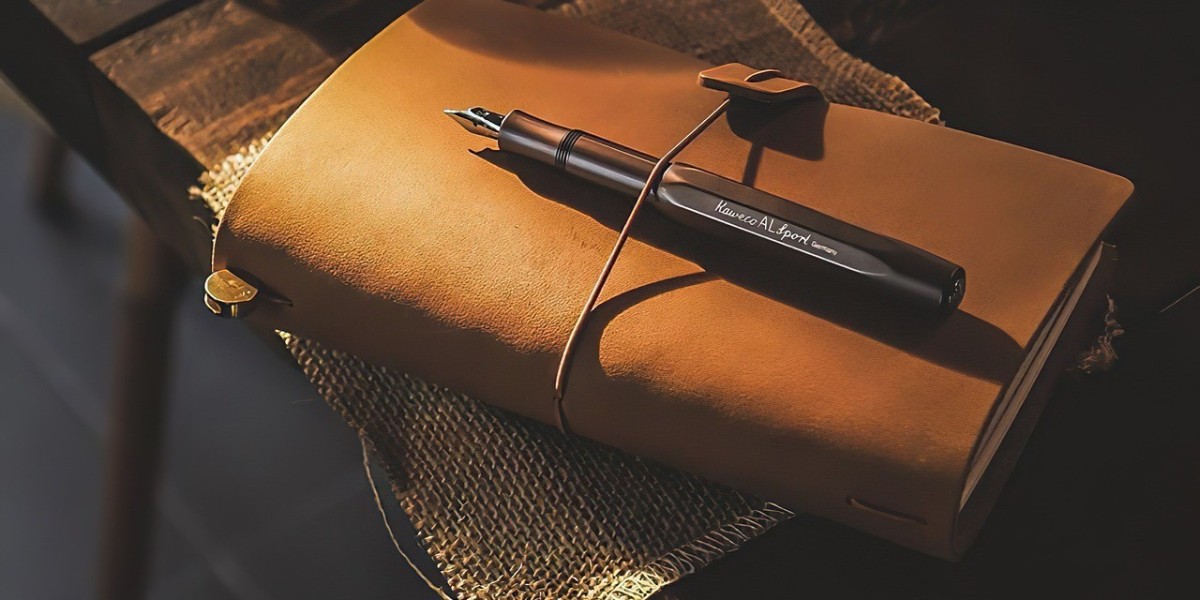For many aspiring writers, the path to publication can seem shrouded in mystery, especially for debut authors. The "Big Five" (Penguin Random House, HarperCollins, Simon & Schuster, Hachette, and Macmillan) are indeed the industry giants, but they rarely accept unsolicited manuscripts, meaning you typically need a literary agent to even get your foot in the door.
However, don't despair! The publishing landscape is far more diverse than just the big names. For new authors, the "best" publishing company isn't necessarily the biggest; it's the one that aligns with your genre, offers genuine support, and provides a viable path to getting your book into readers' hands best book publishing companies for new authors .
Here's a breakdown of the types of publishing companies that often welcome new authors, along with examples and what to look for:
1. Small & Independent Presses: The Nurturing Ground
These presses are often passionate about specific genres or literary styles. They typically have smaller lists, allowing them to dedicate more attention to each author and book. Many small presses are open to unsolicited (unagented) submissions, making them an excellent starting point for new authors.
What to look for:
Genre Fit: Does their existing catalog align with your book's genre and style? This is crucial.
Mission & Values: Do they have a clear mission statement that resonates with your work?
Submission Guidelines: READ THESE CAREFULLY. They are often very specific about what they accept and how to submit. Deviating from them is an instant rejection.
Distribution: How do they get their books into stores (online and physical)?
Royalties & Contracts: Understand their terms clearly.
Examples (Note: Always check current submission windows and guidelines!):
Literary Fiction/Poetry/Creative Non-Fiction:
Bellevue Literary Press: Focuses on literary fiction and narrative nonfiction that explores the intersection of arts and sciences. Often open to unsolicited submissions.
Coffee House Press: A respected independent literary press that sometimes has open submission periods for fiction, non-fiction, and poetry.
Red Hen Press: An independent, non-profit press that publishes poetry, literary fiction, and creative nonfiction. They may have submission periods or contests.
Akashic Books: Known for political nonfiction and urban literary fiction.
Graywolf Press: A distinguished nonprofit publisher of fiction, nonfiction, and poetry. They periodically open submissions from unrepresented authors or run contests.
Genre-Specific (Sci-Fi, Fantasy, Romance, Mystery):
DAW Books: A notable imprint of Penguin Random House that is unusually open to direct, unagented submissions for science fiction and fantasy. A rare chance at a major traditional publisher without an agent.
Baen Books: Another well-known publisher for science fiction and fantasy, often open to direct submissions.
Kensington Publishing Corp.: An independent publisher that releases a broad range of popular fiction genres, including romance, mystery, and thrillers. Some imprints may accept direct submissions.
Harlequin (various imprints like Carina Press): Harlequin is a giant in romance and often accepts unagented submissions for specific series or digital-first imprints. Check their website carefully for calls for submissions.
Children's Books:
Chronicle Books: Accepts unsolicited submissions for children's picture books, young adult novels, and non-fiction.
Albert Whitman & Company: Open to un-agented manuscripts and proposals for picture books, middle-grade fiction, and young adult novels.
Flashlight Press: Publishes children's picture books.
2. University Presses: Scholarly & Niche Non-Fiction
University presses are academic publishers, often affiliated with major universities. They typically focus on scholarly works, regional interest, and specialized non-fiction. If you have a well-researched non-fiction book in an academic field, a university press might be a good fit.
What to look for:
Academic Rigor: They prioritize well-researched, authoritative works.
Niche Focus: Many have specific areas of expertise (e.g., regional history, specific academic disciplines).
Proposal-Driven: Non-fiction submissions are typically made via a detailed book proposal, not a full manuscript.
Examples:
Most major universities (e.g., University of Michigan Press, University of Chicago Press, Wayne State University Press) have presses that publish non-fiction, and many accept proposals directly from authors for certain subjects.
3. Hybrid Publishers: A Growing Middle Ground
Hybrid publishing offers a blend of traditional and self-publishing. Authors pay an upfront fee for professional services (editing, design, distribution, some marketing), but retain more control and higher royalty percentages than traditional deals. For new authors, a reputable hybrid can provide professional guidance without the intense gatekeeping of traditional houses.
What to look for (Crucial Vetting!):
Transparency: Clear contracts and fee structures. Avoid hidden fees.
Editorial Selectivity: A legitimate hybrid should still have an editorial process; they don't publish just anything that pays.
Professional Standards: High-quality editing, cover design, and interior formatting.
Broad Distribution: They should offer distribution to major retailers and potentially libraries.
Author Royalties: A significant royalty share (often 50%+).
IBPA Hybrid Publisher Criteria: Look for companies that adhere to the Independent Book Publishers Association's (IBPA) criteria for legitimate hybrid publishers.
Examples of well-regarded hybrids:
She Writes Press: Specifically for women authors, known for high quality and community.
Greenleaf Book Group: Focuses on non-fiction, particularly business and thought leadership.
Manhattan Book Group: Offers a premium, full-service hybrid experience.
Amplify Publishing Group: Caters to diverse genres with end-to-end services.
Key Advice for New Authors:
Do Your Research: Never submit blindly. Read books published by the companies you're considering. Understand their catalog.
Polish Your Manuscript: Whether traditional, small press, or hybrid, your manuscript must be professionally edited and as perfect as you can make it. This is your foundation.
Read Submission Guidelines: Follow them precisely. They exist for a reason.
Build Your Platform: Even for traditional publishing, publishers are looking for authors who are actively building an audience (social media, website, email list).
Be Patient: Publishing is a slow industry, especially traditional routes.
Finding the "best" publisher for your book is a personal journey. It involves research, self-assessment, and a dedication to quality. But with the diverse options available today, new authors have more avenues than ever to achieve their publishing dreams.






